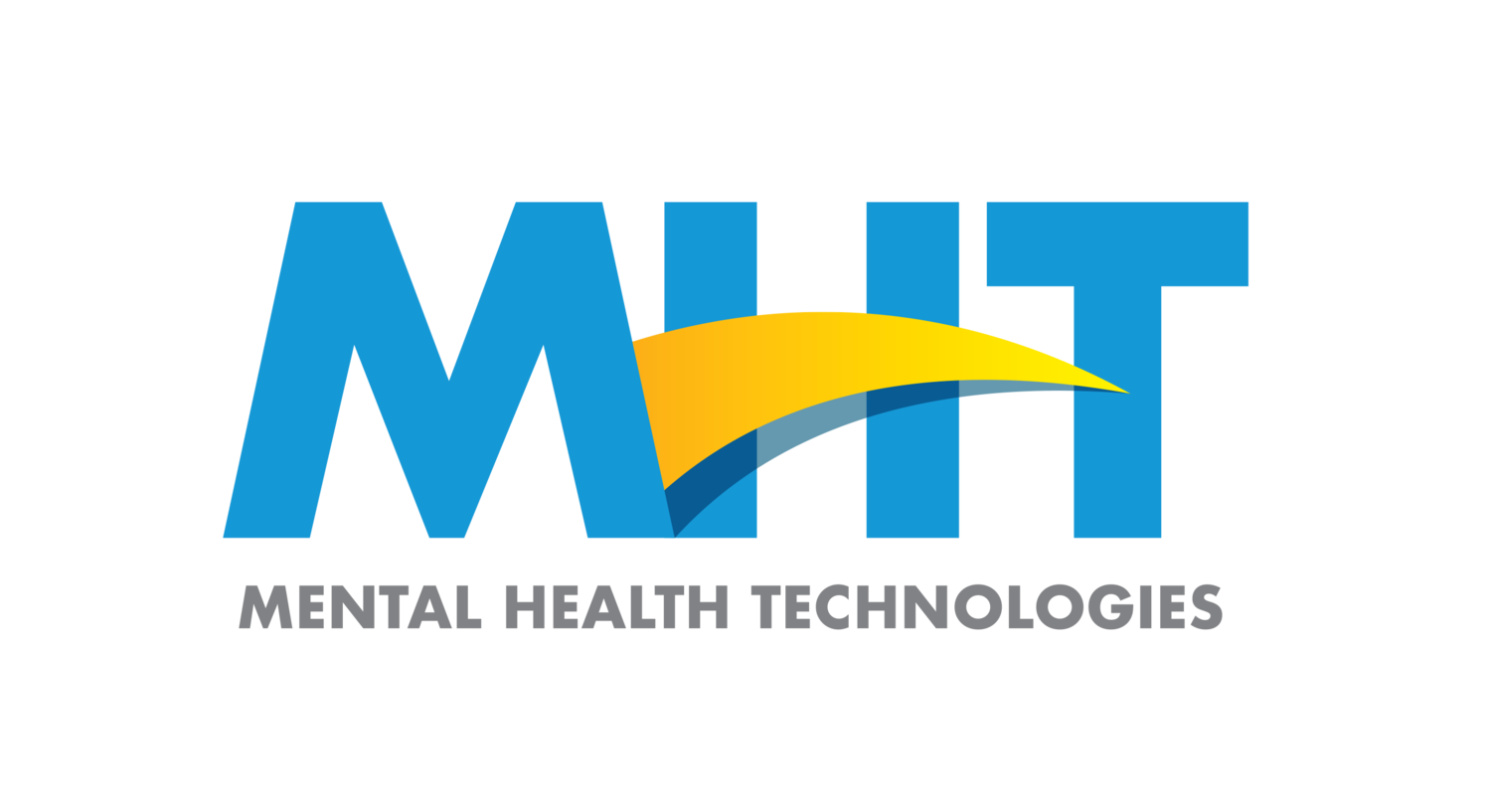Navigating Finals Week While Maintaining Good Mental Health
How Finals Week Impacts Students’ Mental Health:
Finals week draws up memories of long nights in the library, cramming for exams and cranking out term papers. But the stress, sleep deprivation and anxiety many students suffer while studying for finals can leave them burnt out and in a mental health rut.
For college and high school students, it can be difficult to balance studying for finals and practicing self care. A significant chunk of students are struggling to keep up to begin with: More than four in every 10 college students suffer from depression, a CDC study showed. Over a quarter of college students experience insomnia and more than 15% show symptoms of ADHD.
Standardized testing means even grade school students face pressure to perform under tight deadlines at the end of the semester.
It’s not just individual issues, but the combination of them. Students with insomnia often also have depression. So during finals week—when a lack of sleep, social isolation and pressure to perform are levied heavily on students—many students are starting with setbacks that can make it more difficult to manage stress.
Losing Sleep Over Losing Sleep
The less sleep students get, the worse their grades will be.
Research published in the Proceedings of the National Academy of Sciences. For every hour a student lost from their average nightly sleep, they lost 0.07 points from their GPA at the end of the term.
The relationship between sleep and grades gets worse as more sleep is lost, too. Students who slept less than six hours a night suffered even more in terms of their academic performance.
We all know proper sleep is crucial to our physical health, but a lack of it severely hurts our mental capacity for being productive and can further exacerbate issues like anxiety and depression. Insidiously, mental illness can also contribute to poor sleep quality in the first place, creating a bad feedback loop that knocks students' daily lives out of whack.
If you're in school, see where your sleep patterns measure up relative to a healthy baseline. If your child is attending college, check in with how they're doing and remind them of the benefits of a good night's sleep.
There are some simple things that students can try during finals week to help them be successful (and preserve their sanity).
Here’s some recommendations:
Exercise for 30 minutes per day. Whether you go to the gym, get a run in, play some pick up basketball or just go for a walk, your academic juices will start flowing and your brain and body can get a break.
Set a sleep schedule (and stick to it). Putting your phone down before bed and making sure it’s an appropriate time can help regulate your emotions and de-stress your days.
Eat healthily, focus on getting nutritious meals. You are what you eat, so make sure you’re feeling yourself the right way.
Stay organized—don’t let stray deadlines come up on you, or lose track of your study materials. Keep things neat and orderly so when you are feeling stressed, past you doesn’t double the pressure on present you.
Practice time management, set boundaries for when you’ll work on specific tasks or projects. A timeline can help you not feel overwhelmed by a seeming tsunami of finals studying and essays.
It’s not always easy to monitor your mental health, particularly over the course of a semester, year, or several school years.
Mental Health Technologies uses screening tests and artificial-intelligence powered analytics to measure patients’ progress over time. Our aim is to help primary care physicians, mental health providers and other healthcare specialists identify, track, refer and bill for mental conditions.
Our platform can track if patients are improving or regressing in certain areas as they begin treatment, providing an effective means for monitoring symptom relief. For clinicians, we can help you send patients assessments, upload results into your EHR, notify you of high-risk answers and make referrals on your behalf.
MHT also tracks & uploads subsequent test results performed by referred specialists. To learn more about how the MHT service works, contact us here, today.
Resources:
https://www.cdc.gov/pcd/issues/2022/22_0060.htm
https://www.mhtech.com/blog/primary-care-on-the-front-lines-of-behavior-health-inclusion-of-mental-health-assessments-during-annual-physicals#:~:text=However%2C%20with%20our-,mental%20health%20assessments,-%2C%20these%20tests%20can

